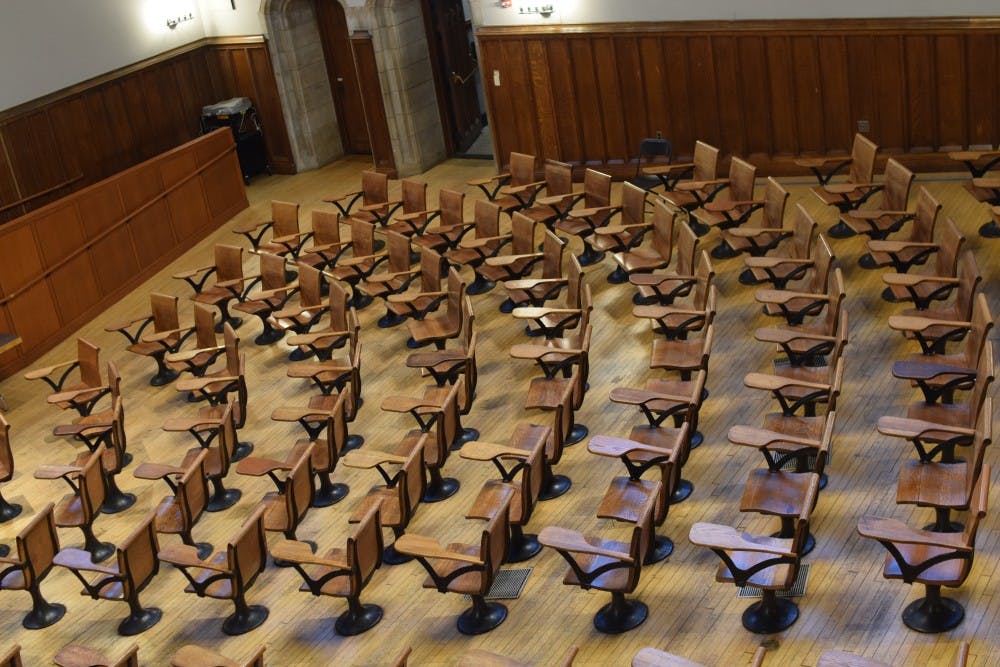The following is a guest contribution and reflects the authors’ views alone. For information on how to submit an article to the Opinion Section, click here.
In light of the opinion piece submitted on Aug. 25 by faculty members from the English Department, I’d like to share some key points about the many significant steps the University has taken in an effort to protect its community as it prepares for the return to in-person learning and teaching this semester. As President Christopher Eisgruber ’83 noted in his recent welcome message, “in-person teaching, research, and scholarship are the heart of Princeton’s educational mission.”
In addition to requiring that all students, faculty, and staff be vaccinated and participate in weekly testing, a robust contact tracing protocol enables timely action when positive cases are identified among our campus community. Further, policies related to face coverings are in place and can be quickly adjusted in response to campus and local data.
While the New Jersey data currently shows a rise in cases state-wide, those rates of infection are not reflected on campus among our community because of the measures in place. I, along with my colleagues in University Health Services and scientists specializing in epidemiological modeling, meet weekly to reassess University policies, which are informed by our review of campus data.
Optimizing the air quality in University-operated buildings has also been a top priority, and I am very encouraged by the recent confirmation that in addition to ensuring that all HVAC units have received preventative maintenance (increasing outside air input and replacing filters with higher efficiency models where possible), the University was able to procure HEPA units for every classroom and lecture hall that has little to no mechanical ventilation, including McCosh Hall.
These industrial-sized HEPA units, which will be installed by the start of classes on Sept. 1, have undergone reviews for their capacity to exchange air effectively and to ensure they operate at noise levels that will not interfere with classroom instruction. Further, we are permitting departments to install air purifiers in offices as long as they meet fire safety requirements and Facilities ensures that they may be installed safely without overloading the electrical system in a building.
I believe that Princeton’s campus is one of the safest places to work and learn in our region. This is reflected by our campus vaccination rate above 96 percent and a low COVID positivity rate among faculty, staff, and students — currently less than 0.25 percent.
While it is this special combination of science-based measures that will support in-person teaching and learning this semester, the entire Princeton community has played a part in supporting the return to campus. Many people are returning to campus this month for the first time in over a year, but hundreds of people never left campus — such as those whose presence supported essential on-campus operations — and others returned months ago, including personnel in our research labs. In other words, a significant percentage of the University’s faculty and staff have been on campus even when vaccines were not yet available. Princeton was proactive and worked hard to develop an infrastructure that is not common, even among our peers. It is this novel yet tested combination of measures that allows us to confidently welcome back our whole community this fall.

I encourage all members of the University community to visit the COVID dashboard, which is updated with weekly reports and a campus risk status indicator, and the Princeton COVID Resources site for guidance about returning to campus. You may also ask questions via the COVID Connector by emailing covidconnector@princeton.edu or by calling 609.258.7000 M-F, 8:45 a.m. – 5 p.m.
Robin Izzo is the assistant vice president of Environmental Health and Safety









